'Beauty is truth, truth beauty,' - that is all ye know on earth, and all ye need to know
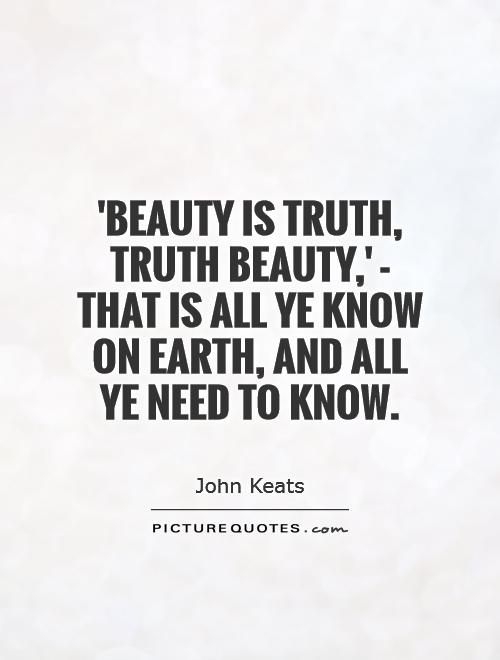
'Beauty is truth, truth beauty,' - that is all ye know on earth, and all ye need to know
John Keats, one of the most renowned Romantic poets, left behind a legacy of beautiful and profound words that continue to inspire and resonate with readers to this day. One of his most famous lines, "Beauty is truth, truth beauty," from his poem "Ode on a Grecian Urn," has sparked much debate and interpretation over the years.In this line, Keats seems to be suggesting that beauty and truth are interconnected and essential aspects of existence. He implies that beauty is not merely superficial or fleeting, but rather a reflection of deeper truths and realities. This idea aligns with the Romantic belief in the power of art and nature to reveal profound truths about the human experience.
Keats was known for his keen observation of the natural world and his ability to capture its beauty in his poetry. He believed that beauty could be found in even the simplest of things, from a blooming flower to a sunset over the horizon. For Keats, beauty was not just a visual or aesthetic quality, but a spiritual and transcendent one that could uplift and inspire the soul.

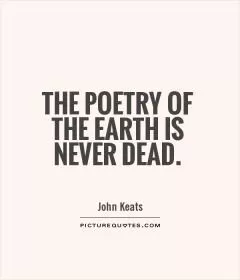

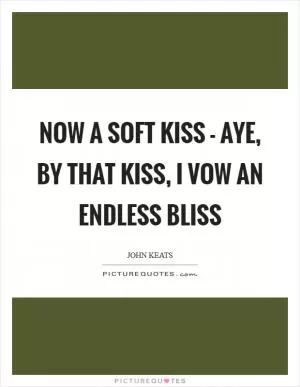


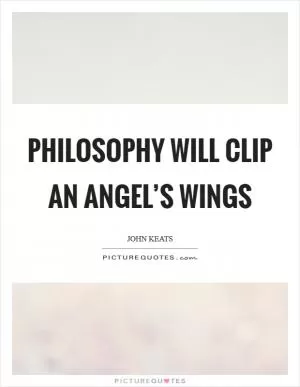
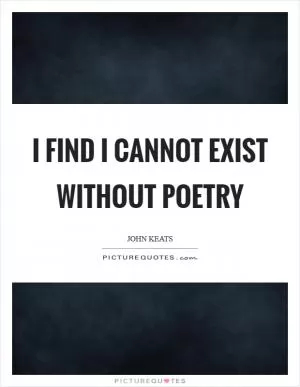
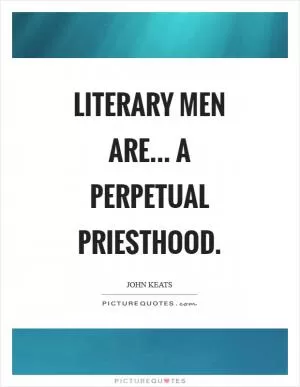
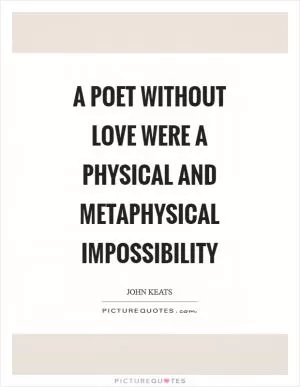

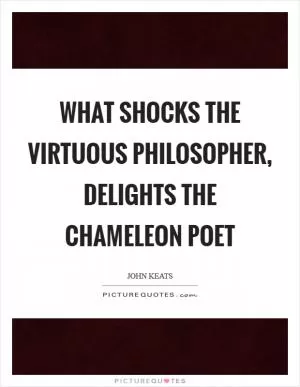
 Friendship Quotes
Friendship Quotes Love Quotes
Love Quotes Life Quotes
Life Quotes Funny Quotes
Funny Quotes Motivational Quotes
Motivational Quotes Inspirational Quotes
Inspirational Quotes